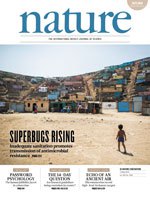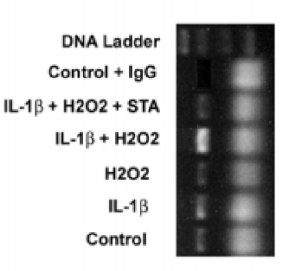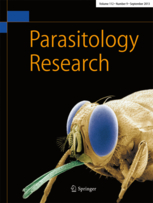 After PLOS ONE allowed authors to remove a dataset from a paper on chronic fatigue syndrome, the editors are now “discussing the matter” with the researchers, given the journal’s requirements about data availability.
After PLOS ONE allowed authors to remove a dataset from a paper on chronic fatigue syndrome, the editors are now “discussing the matter” with the researchers, given the journal’s requirements about data availability.
As Leonid Schneider reported earlier today, the 2015 paper was corrected May 18 to remove an entire dataset; the authors note that they were not allowed to publish anonymized patient data, but can release it to researchers upon request. The journal, however, requires that authors make their data fully available.
Here’s the correction notice: Continue reading PLOS editors discussing authors’ decision to remove chronic fatigue syndrome data


 If you need evidence of the value of transparency in science, check out a pair of recent corrections in the structural biology literature.
If you need evidence of the value of transparency in science, check out a pair of recent corrections in the structural biology literature.




